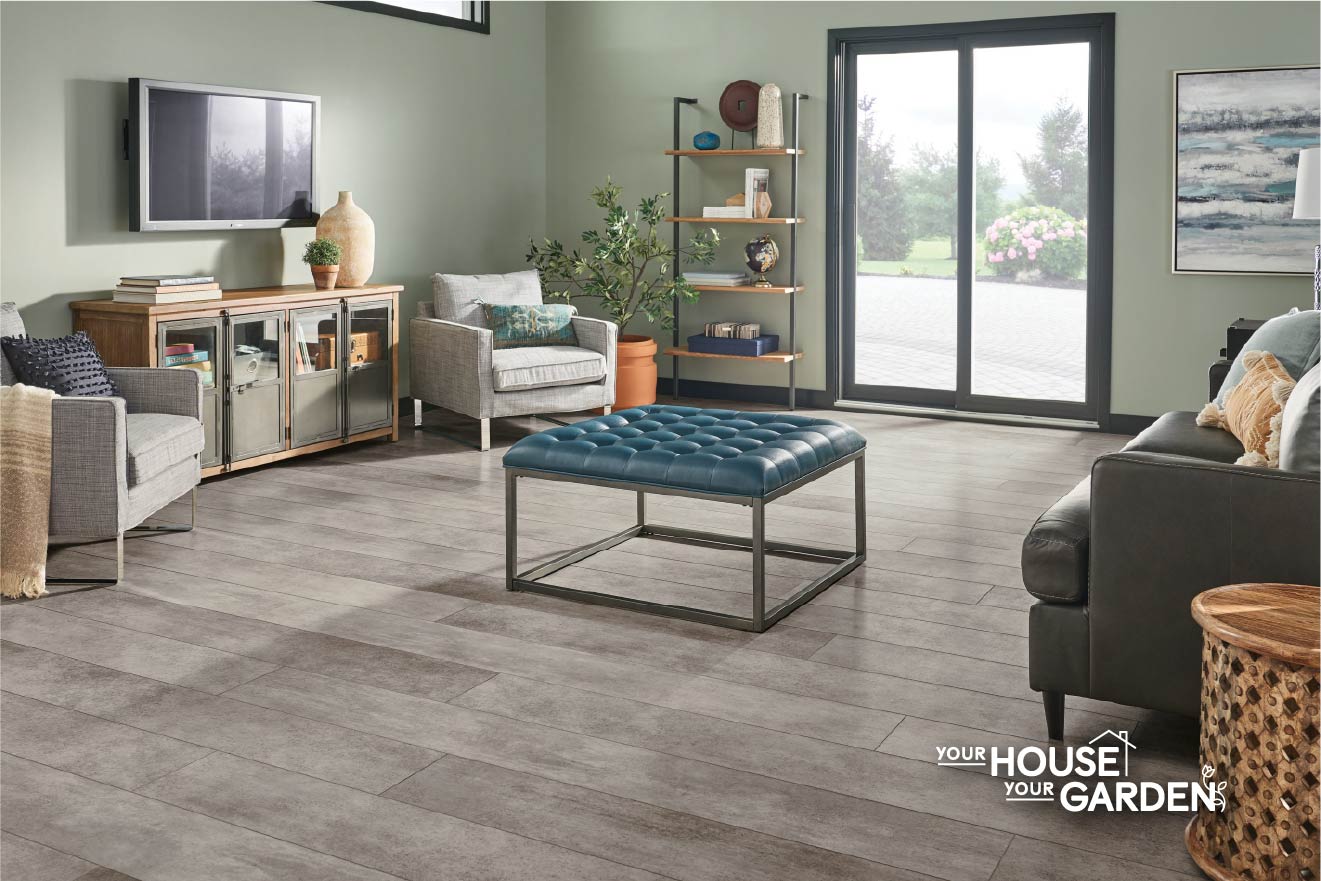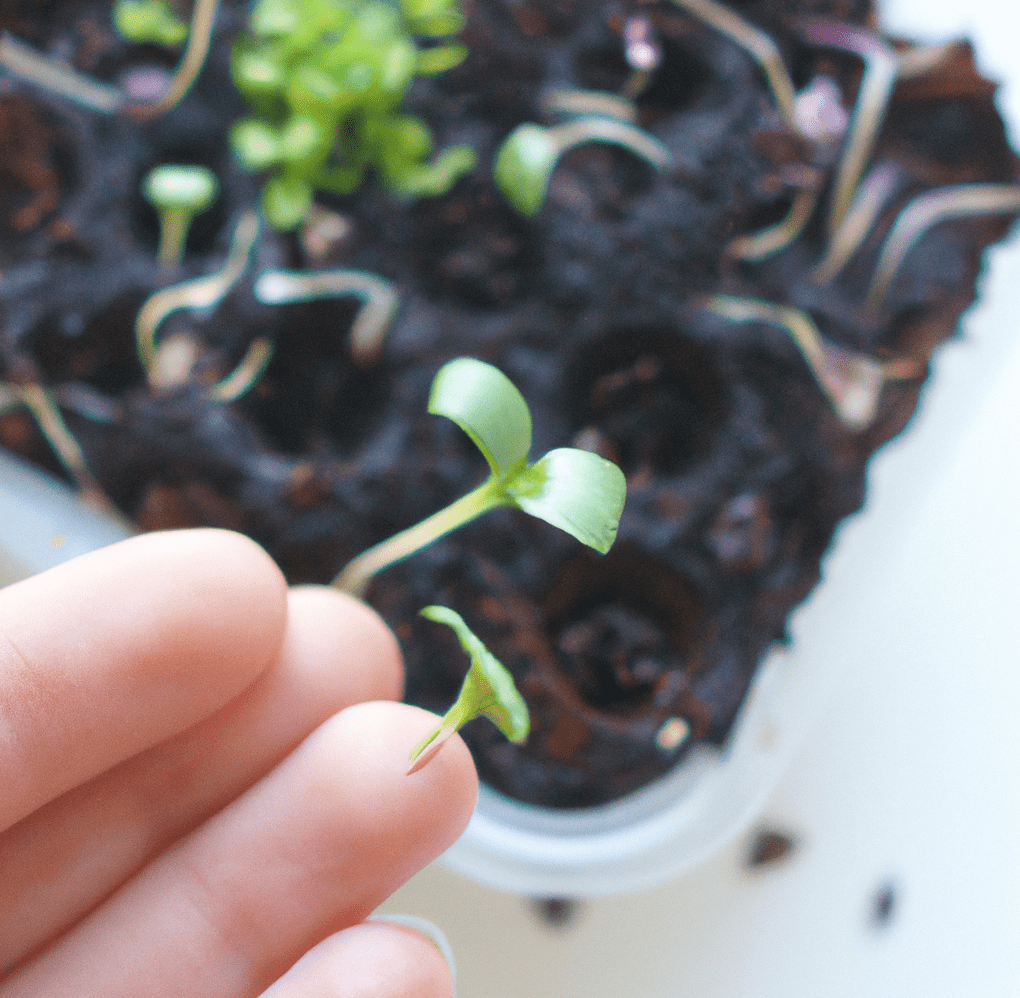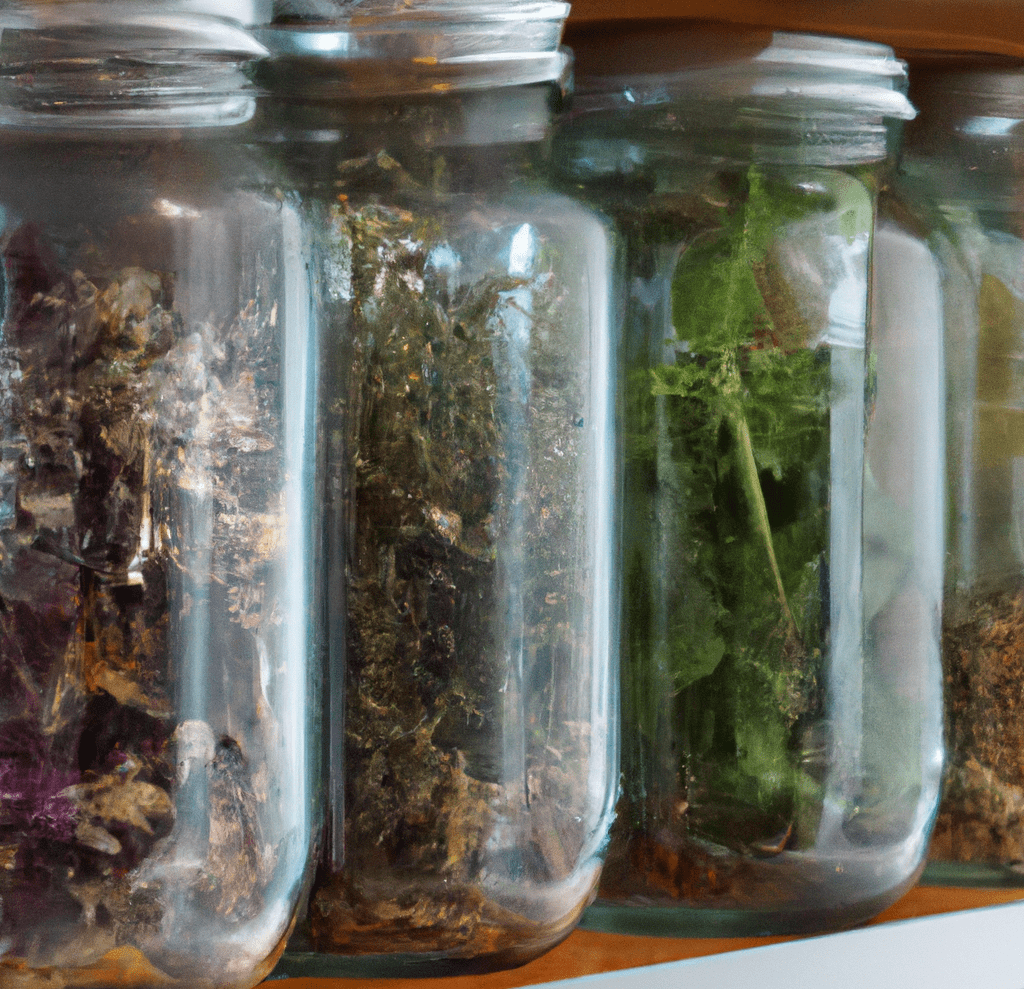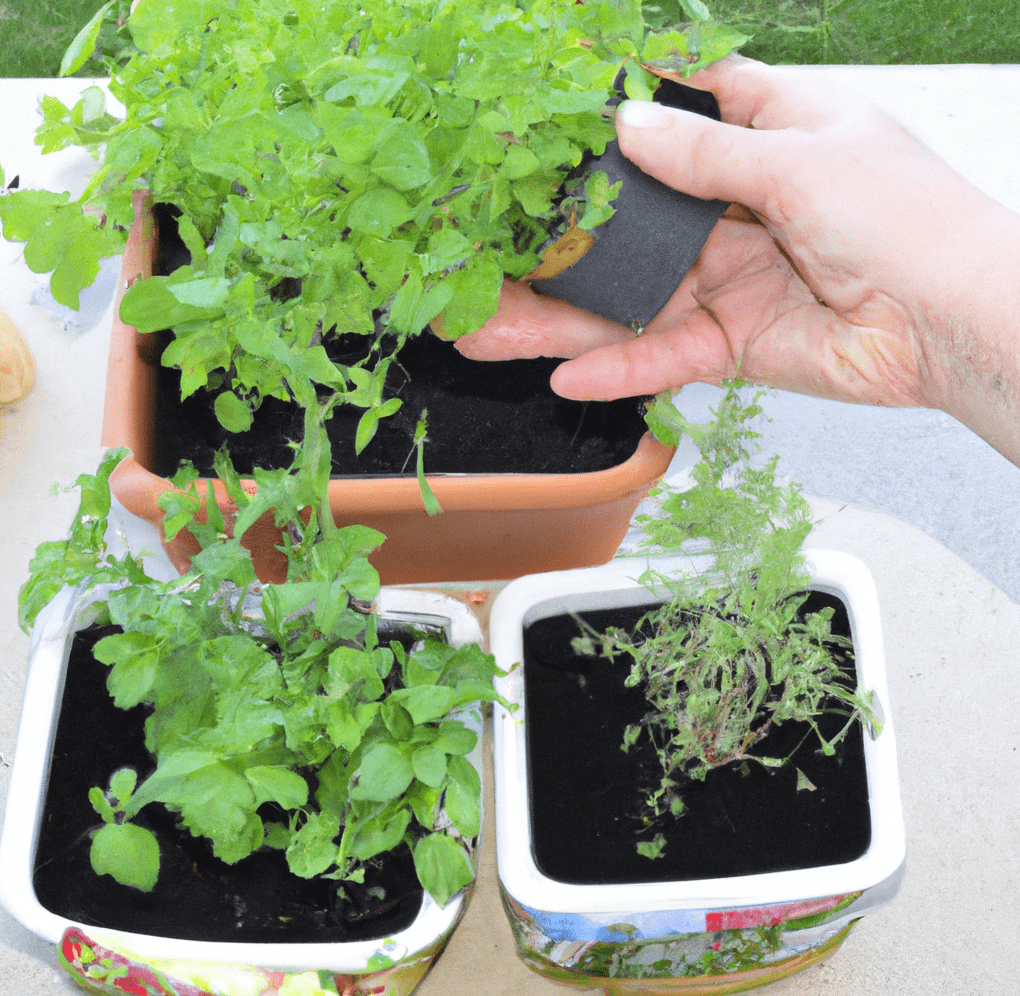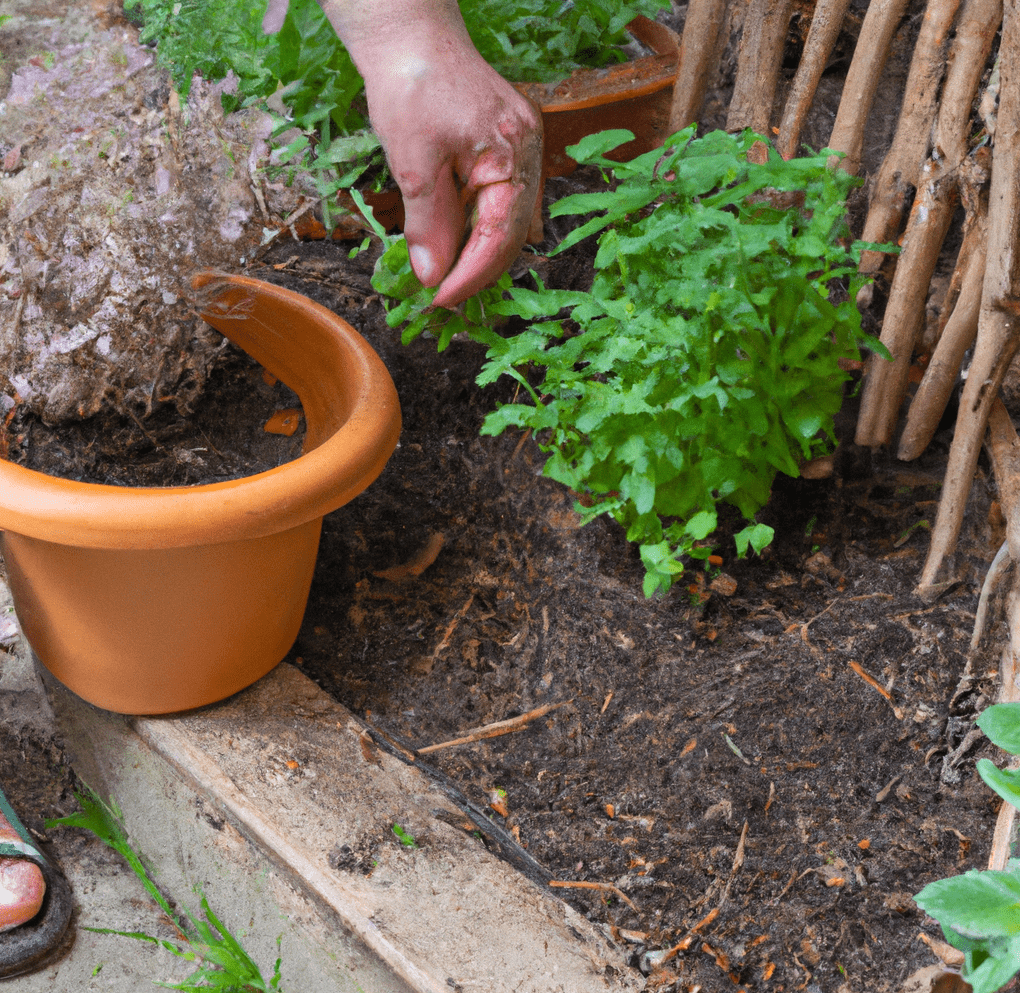Basements can be great for various purposes, from storage to a home office. But what if you want to make your basement a more comfortable living space?
Vinyl flooring is an excellent option for your basement. Vinyl is low-cost and comes in various styles that can complement any décor. It’s also easy to clean and maintain, making it a good choice for basements.
In this post, we’ll discuss the pros and cons of vinyl flooring and help you decide if it’s the right choice for your home. And if you’re thinking about installing vinyl flooring in your basement, read on for some tips.
The thing about your basement floor
It can be tricky to find a good basement flooring material because it’s that space in your home that can experience flooding and leaks more than any other room. It’s also the area that tends to get so much moisture and humidity.
Additionally, your basement is likely to have a concrete floor. Damp basements can be hard to cover and putting a nail into them is practically impossible.
Because of these reasons, you will need flooring materials that have an additional moisture barrier, moisture resistance, and water resistance.
Reasons to choose vinyl flooring for your basement flooring
Vinyl flooring has become popular in recent years, and for good reason. Not only does it look nearly identical to engineered hardwood or stone with its rich surface finish that can be customized by applying an additional coat or two at home, but vinyl also offers the added benefit of being waterproof.
Vinyl flooring has been gaining momentum as an excellent replacement for traditional products. Vinyl flooring can come in the form of vinyl planks or vinyl tile.
Made from PVC, vinyl floor materials are durable and water resistant – perfect if you have high-traffic areas in your home or business where water can seep through cracks.
There are many reasons why vinyl flooring addresses the aforementioned issues when putting an excellent flooring for your basement:
- Vinyl flooring is easy to install and maintain. It often comes with a built-in underlayment, making it easier to install over a concrete basement or plywood subfloor. It’s considered a floating floor, which means you don’t need any nail or adhesive to put it in place!
- Vinyl basement flooring is water-resistant, making it ideal for areas susceptible to flooding, dampness, humidity, and moisture.
- Vinyl floors are available in various colors and patterns, so you can easily find one that fits your style.
- Vinyl flooring is a low-cost option for those looking to save money on their basement floor.
- Vinyl flooring is a comfortable and quiet option to walk on, making it ideal for basements that are used for entertaining.
- Vinyl floors are easy to clean and require little maintenance. You can sweep and mop your basement floor to keep it clean.
- Vinyl floors are durable and long-lasting, making them an excellent investment for your home.
- Basement vinyl flooring is the perfect choice for an easy-to-install, maintained flooring solution.
- Vinyl floors are safe for children and pets, making them an excellent choice for families.
- Basement flooring materials are resistant to water damage.
If you are looking for an easy-to-install and maintain flooring solution for your basement, vinyl flooring is the best option.
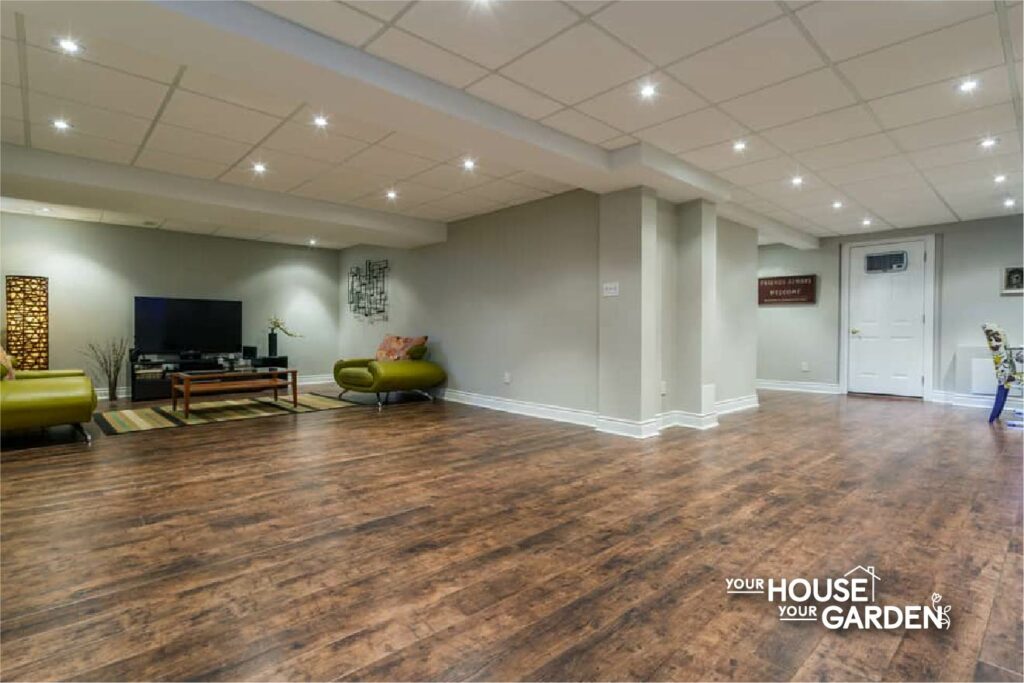
Types of vinyl flooring for your basement
There are three types of vinyl flooring: solid, engineered, and luxury vinyl.
Solid vinyl flooring materials
Solid vinyl flooring is made from 100% pure vinyl and is the most durable type of vinyl flooring. Solid sheet vinyl flooring is the most durable type, making it an excellent choice for high-traffic areas. However, solid vinyl flooring is more expensive than engineered vinyl flooring.
Engineered vinyl flooring materials
Engineered vinyl flooring is made from a mixture of vinyl and wood fibers and is less durable than solid vinyl. Engineered vinyl flooring is less durable than solid ones, but it is more affordable. It is also more resistant to water damage than solid vinyl flooring.
Luxury vinyl planks
Luxury vinyl flooring, also called LVF or luxury synthetic floors, are made of a material that has a greater thickness than standard sheets, planks, and tiles. They can be up to 20 mils (or 0.05″) thick, making them very durable while offering extra protection against scratches. This makes luxury vinyl the best option for high-traffic areas in your home, such as your basement.
Luxury vinyl also has an added layer of cushioning that makes it softer than standard vinyl flooring materials. This makes it more expensive than vinyl sheet flooring or vinyl plank flooring options.
Installation tips
Before you begin the installation, ensure that the concrete slab is clean and debris-free.
To install vinyl flooring, you will need a utility knife, measuring tape, straight edge, and vinyl flooring adhesive.
- Ensure that the concrete floors are clean and smooth. The concrete slab doesn’t have to be level all throughout, but at the very least it should be flat and smooth.
- Begin by measuring the area where you will be installing the vinyl flooring.
- Cut the vinyl flooring to size using a utility knife and straight edge.
- Make sure that you double-cut the seams and match the pattern when laying the vinyl sheet flooring on top of the other.
- Lay the vinyl flooring and press down firmly to secure.
- Leave expansion gaps to give some flexibility for the sheet along the edges. Leave expansion gaps that are 1/8- to 1/4 inch at walls and vertical objects.
If you are looking for an easy-to-install and maintain flooring solution, vinyl flooring is the best option. With various colors and patterns available, you can easily find one that fits your style.
Cleaning and maintenance tips
Vinyl floors are easy to clean and require little maintenance. You can sweep and mop your floor to keep it clean. If you spill something on your floor, be sure to wipe it up immediately to prevent stains.
You can use a mild detergent or vinegar and water solution for tougher stains. Be sure to avoid harsh cleaners as they can damage the vinyl.
To maintain the beauty of your vinyl floor, you can polish it with a vinyl floor polish. This will help to protect the finish and keep it looking new.
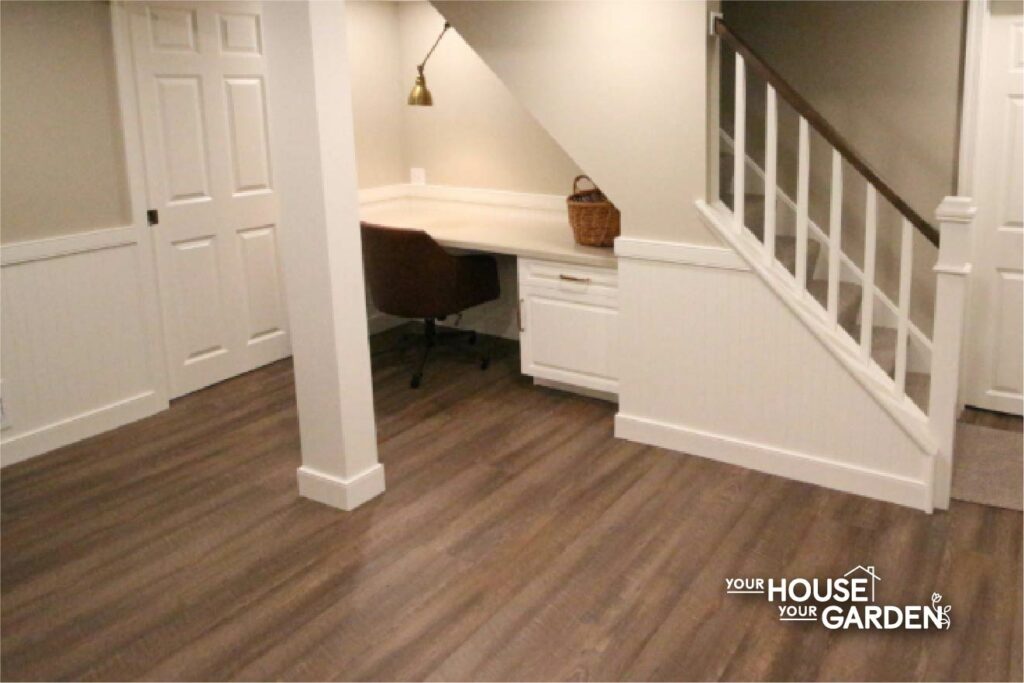
Pros and cons of vinyl basement flooring
Vinyl basement flooring is famous for many homeowners because it is easy to install and maintain.
However, you should be aware of some drawbacks to vinyl flooring before making a decision.
Vinyl floors are not as durable as solid vinyl flooring and can be easily damaged by harsh cleaners. They may also require polishing to maintain their beauty compared to a concrete slab.
Additionally, vinyl floors can be slippery when wet and may show scratches more quickly than other flooring materials like ceramic tiles and wood flooring.
If you want an eco-friendly or natural flooring option, vinyl floors are not the best choice. However, if you are looking for an easy-to-care-for and affordable flooring solution, vinyl floors may be the right choice.
Pros:
- Easy to install and maintain
- Various colors and patterns are available, perfect for your interior design preferences.
- Water resistance
- Affordable price
- Comfortable and quiet to walk on
- Easy to clean
- Durable and resilient flooring materials
- Perfect for basement areas
- Safe for children and pets
Cons:
- Can be damaged by harsh cleaners
- May require polishing to maintain its beauty
- Not as warm as natural materials like wood or stone
- Can be slippery when wet
- May show scratches more quickly than other flooring materials
- Can fade in direct sunlight
- Not eco-friendly
- Made from synthetic materials that can off-gas
- May contain harmful chemicals like phthalates and lead
Advantages and disadvantages of vinyl flooring over other basement flooring options
Here are the pros and cons of using a vinyl plank flooring or vinyl tile flooring over other basement flooring options:
Ceramic tile
Using a ceramic tile for your basement can leave it very cold. Installing it can also be more expensive and tedious compared to using vinyl tile flooring or installing vinyl planks.
Advantages of using vinyl flooring over ceramic:
- Vinyl is easy to install and does not require a professional
- Vinyl is not time-consuming and comes at an affordable cost than ceramic tile
- Vinyl flooring does not make your basement feel cold
Disadvantages of using vinyl flooring over ceramic:
- Ceramic tile has a high-end look, style, and feel
Hardwood, plywood subfloor, and laminate flooring
The presence of wood in your basement, which can be extremely humid while being prone to leaks and flooding, may not be the best idea. Moisture, water, and humidity can only cause warping and damage to real wood and plywood subfloor.
Advantages of using vinyl flooring over hardwood, plywood, and laminate flooring:
- Installing wooden flooring materials can be very expensive and time-consuming
- Vinyl flooring is conducive to moisture, water, and humidity and does not cause damage compared to wood flooring
Disadvantages of using vinyl flooring over hardwood, plywood, and laminate flooring:
- Wood looks high-end
- If your home is timber chic, then your basement floor matches the rest of your house
Epoxy flooring
Epoxy flooring in basements has gained popularity in recent years because of the industrial look and feel it brings. It’s also considered durable and very easy to clean and maintain. However, this flooring material can make the space colder than it’s supposed to be. It may also be uncomfortably hard on the feet.
Advantages of using vinyl flooring over epoxy flooring:
- Vinyl flooring does not make your basement feel cold and hard on the feet
Disadvantages of using vinyl flooring over epoxy flooring:
- Epoxy flooring gives your basement an industrial vibe if that’s what your interior design is going after
Conclusion
Vinyl flooring is the best flooring option for your basement because it’s durable and waterproof. You can choose from various colors and styles to match the look of your home.
If you’re ready to install vinyl flooring in your basement, our team can help.
Learn more about our services or give us a call today to schedule a consultation.

